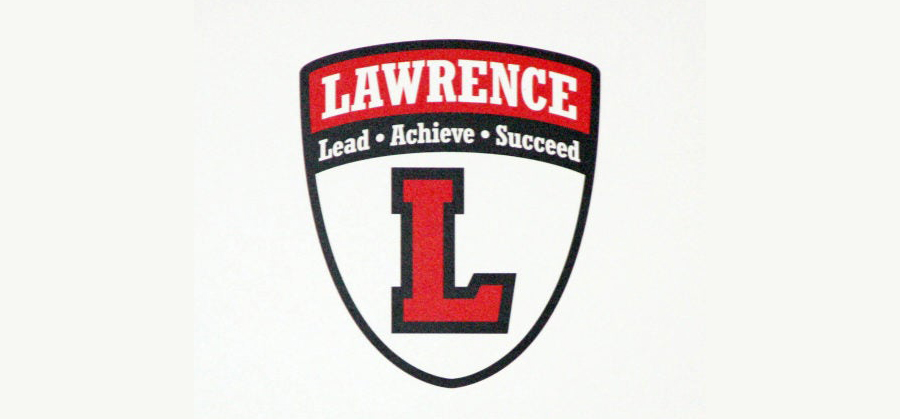The Lawrence Township Public Schools, which had begun to bring students back into the classroom, will revert to remote learning for the rest of November and into January because of the sharp increase in the number of COVID-19 cases.
Remote learning was implemented Nov. 25 and remain in place through Jan. 18, Superintendent of Schools Ross Kasun said. There will be no in-person or hybrid instruction until Jan. 19, to the disappointment of many parents, he said.
Hybrid instruction brings small groups of students into the school building – properly socially distanced and wearing face masks – on different days and in different weeks. Students are divided into Group A and Group B. A third group of students continues to learn at home, by choice.
Students in grades pre-K-3 had returned to school for hybrid learning last month. Students in grades 4-12 were slated to return to the classroom for in-person instruction through the hybrid model on Nov. 30.
But the school district’s decision to go back to remote instruction means all students – including special education students who are in self-contained classrooms – will learn at home until Jan. 19.
Students in grades pre-K-3 and special education students will return to school, using the hybrid model, on Jan. 19. Students in grades 4-12 will return for hybrid instruction on Jan. 25.
“I can understand and certainly feel (the parents’) disappointment. We are disappointed, too. We all want to be here. We all want things to be back to normal, but they are not,” Kasun said.
Kasun said that since September, 45 staff members have had to quarantine – and most of them in the last two weeks. They have either tested positive for COVID-19; come into contact with someone who contracted COVID-19; or have traveled to a state with a high number of COVID-19 cases.
More staff members – and potentially students – may be quarantined following the holidays, Kasun said, and that’s one of the reasons that led to the decision to pivot to remote learning.
With the number of staff members who may be quarantined, there will be no one to teach the students, he said. It will make it “impossible” to cover the classroom. Compounding the issue is the shortage of substitute teachers, he said.
The district has focused on building a strong remote program, and it is likely that the district will be teaching remotely from time to time over the next two years because of COVID-19, Kasun said.
While parents have shared what is taking place in other school districts, and it is “important to know what other districts are doing, we need to do what is absolutely the best for us,” Kasun said.
Kasun predicted that other school districts will announce they are going back to remote learning, too.
“I don’t think anyone predicted that (the number of positive cases of) COVID-19 would be higher than they were last spring. These facts are extremely alarming. It is not the fault of anyone here. It is the fault of the pandemic,” he said.
“I stand by every single one of our decisions,” Kasun said. Those decisions were not made lightly, and the district is doing whatever it can to ensure staff and students are safe, he said.
School board member Jonathan Dauber said he did not disagree with the decision to go back to remote learning after Thanksgiving, because he also wants to ensure that the students are safe.
“The question I have for you all is, can you give me some assurance that if our plan is to have students back (in school) after Martin Luther King Day, we are prepared to do that and we can hit the ground running – pandemic aside,” Dauber said.
Kasun said the big piece is the travel ban. He said he was worried about not having enough teachers to staff the classrooms. If there were 30 or 50 or 100 staff members who are quarantined, it will make it difficult to supervise them and to teach the students, he said.
Some parents, meanwhile, pushed back on the plan to implement remote learning. Several parents said their children do not learn as effectively at home as they do when they are in a classroom with a teacher. Remote learning is not as good or as effective as learning in the classroom, they said.
One parent said it was “clear early on” that the rates of COVID-19 would increase. He said he has tried to be patient, but the announcement that the district will go back to remote learning was “incredibly frustrating.”
He said his daughter is not happy, and he is skeptical that the schools will re-open for hybrid instruction in January. It would most likely be in March, he said.
Another parent who teaches in another school district said there has been “zero evidence” of transmission of COVID-19 in school. With a small class, it is easy to keep the students apart and safely socially distance, he said.
But one parent said his children are having a “great experience” with remote learning, thanks to the teachers that they have.

